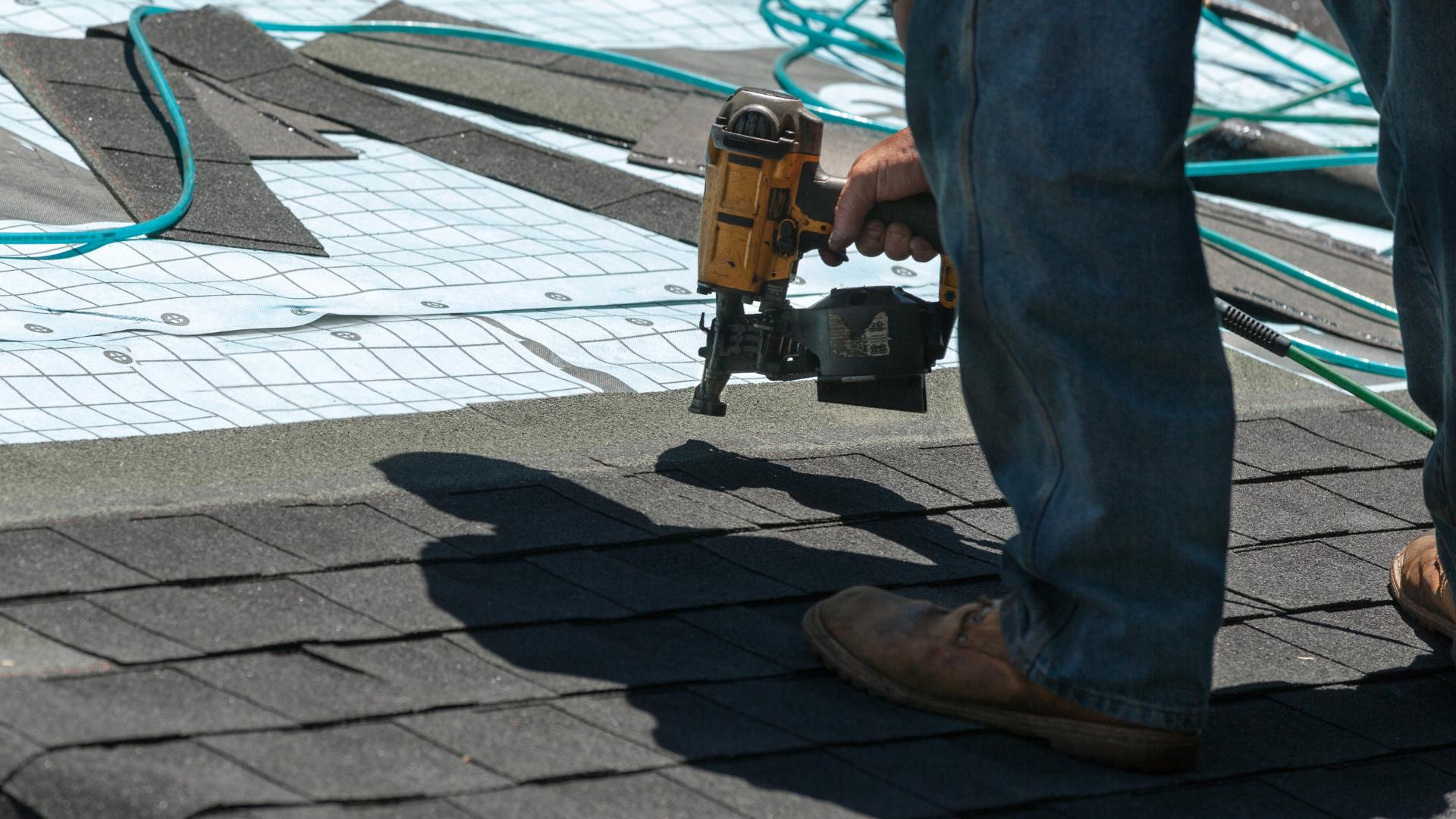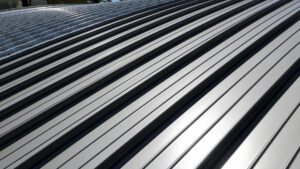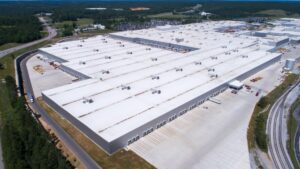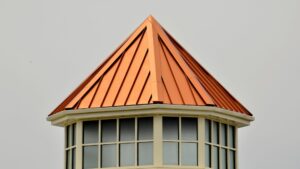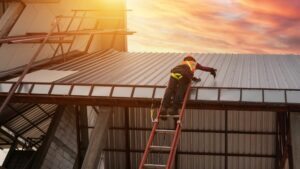The cost of a commercial roof replacement varies based on your location, business size, and the cost of labor. One thing you can count on is that it will cost you a pretty penny.
Commercial roof replacements are not cheap. Business owners might hold off on replacing a roof to avoid paying the high costs out of pocket.
Luckily, there are tax laws in place that can help. Since you are improving your business, you might be able to deduct some of the costs of a new roof or become eligible for a tax credit for roof replacement in 2024.
Keep reading to learn how you can save money on a roof replacement in the upcoming year.
Commercial Roof Tax Write-Off
An upgrade to your business, such as a commercial roof replacement, can be written off. Almost all commercial businesses qualify under the tax code, including:
- Apartment buildings
- Office spaces
- Industrial or warehouse infrastructure
- Retail shops
Commercial building improvements qualify for the deduction, including the write-off of a roof replacement. The replacement has to be performed in the same year as the deduction.
The tax law deduction includes anything that adds value to the commercial property. In addition to a roof replacement, you can write off new equipment, computers and software, security systems, and more.
Can You Save on Roof Repairs?
You can benefit from IRS tax deductions for roof repairs if you don’t need to replace your roofing system. There might be limits and timing restrictions.
It’s always best to review these options with a commercial roofing contractor. You can also talk to your business accountant if you have questions about deductions.
Technically speaking, roof maintenance and repair is improving upon your business and commercial building. Because of this, you might be able to write off the expenses.
Roofing project costs can quickly add up. Tax deductions make improving your business more affordable.
To qualify for the Section 179 deduction, you must buy and have the new roof installed between January 1 and December 31 of the tax year. These conditions also apply to roof maintenance and repairs.
How Much Money Can You Save?
Even if you have a sizable tax deduction, replacing a roof on a large commercial building is going to be costly. Sometimes this improvement is necessary, so it’s best to plan for the expenses in advance.
Discuss repair costs with a tax professional who understands tax law and the tax credit for roof replacement in 2024. They can help ensure your expenses are in order.
Business owners can deduct up to $1 million from their income tax. This total amount allows you to get your money back quickly. You don’t have to wait until your business property depreciates.
Always include the entire cost of any new equipment or repairs that qualify under the deduction.
You can save even more money on your roofing system by incorporating proactive commercial roof maintenance. Annual inspections and small repairs on the roof will extend the lifespan of the system.
This way, you won’t have to get a costly roof replacement sooner than later. It can also help maintain warranties you have in place.
In addition to a new roof installation, you might be eligible for the energy tax credit or solar tax credit if your new roofing system is more efficient. You can find federal and state tax deductions that incentivize efficient roofing.
Are There Limits to the Tax Credit?
There are certain limits to the tax credit for roof replacement in 2024. If a taxpayer pays more than $2 million in a given tax year, the deduction amount is reduced.
The deduction amount cannot be more than the total taxable income for the business during the tax year.
As previously stated, the roof replacement has to have been purchased and completed in the same tax year. If you don’t file in this year, you won’t get the deduction.
When Do I Need a Roof Replacement?
The amount of money that goes into a roof replacement requires you to plan ahead as a business owner. Depending on the size of your building, you could be looking at a huge financial loss.
The tax credit for roof replacement in 2024 might save you enough money. This way, you don’t have to hold off on a roof replacement and you can start the process right away.
There are certain warning signs that indicate you need a roof replacement. When a roof is beyond reasonable repair, a full replacement is necessary. Some of the most common signs to look out for are:
- Sagging spots on flat roofs
- Water pooling and leaks
- Strange odors inside the commercial property
- Signs of damage
You can delay the need for a roof replacement if you properly take care of your commercial roof. A trusted roofing contractor can help with annual inspections and roof repairs.
When you inspect a roof regularly, you can repair small problem areas before they become bigger issues. For example, if you have a roofing leak, more damage is going to be done if it is left untreated.
If repairs start becoming more frequent, it might be time for a full roof replacement. At some point, it might be more cost-effective to replace the roof than to continue paying for the same repairs over again.
If you are unsure if you need a roof replacement or roof repair, Eagle Rivet Roof Service Corporation can help. We can also provide you with an accurate roof replacement estimate to help you get your funds in order in advance.
Tax Credit for Roof Replacement 2024: The Bottom Line
The tax credit for roof replacement in 2024 can help your business save money on necessary improvements. When you need a new roof, don’t hold off on the replacement process.
Calling a professional roofer at Eagle Rivet Roof Service can help your business with its high-end roofing needs. We specialize in commercial and industrial roofing systems.
If you want to better understand the cost of your roof replacement or get started with the replacement process, we’re here to help. Contact us today for a roof evaluation.

David Nietch graduated from Central Connecticut State University with a Bachelor of Science in Business Management and Organization. He has a strong background in positions which require experienced operation and project management as well as a strong attention to detail. David has a profound knowledge of concepts, competitive products, practices and process dealing with the roofing market. David excels at building highly effective working relationships with clients, technicians, managers and vendors.
